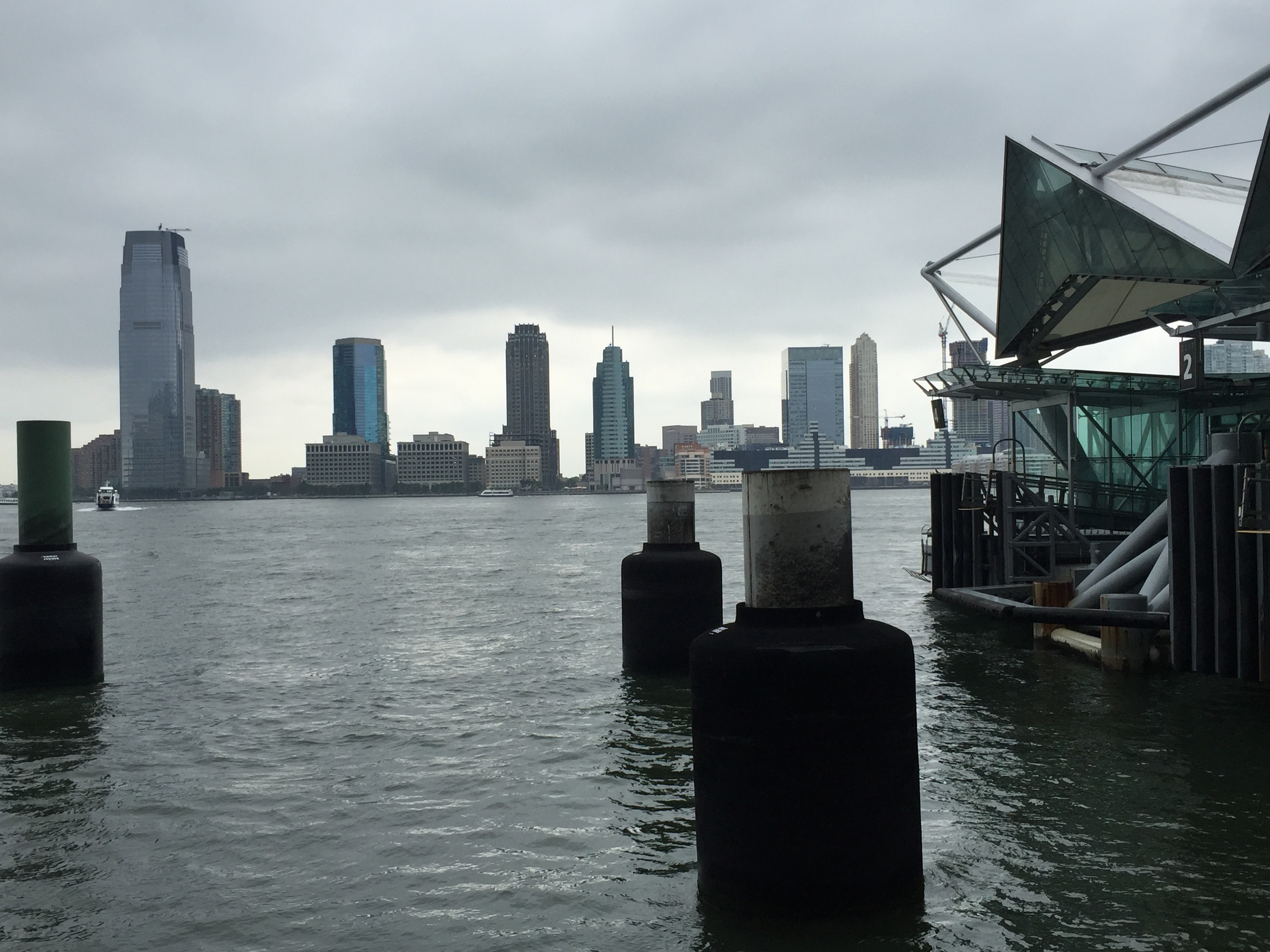The “Rise” of China — and Its Coming “Fall”?
What it Will Mean for the United States.
With Richard Mueller
Former Foreign Service Officer and experienced “China Hand” Richard Mueller gave a thoughtful presentation on China to the National Security Forum recently. The PowerPoint talk that Richard gave is attached—we thought you might enjoy perusing his slides.
Mueller noted that little more than three decades ago China was an inward looking country reliant primarily on its own productive abilities. It espoused a revolutionary ideology in opposition to Western capitalism and Soviet communism. The improvement of relations following President Nixon’s historic visit encouraged the PRC to participate more fully in the post-World War II international architecture – the UN, World Bank, IMF, etc.
In many ways US policy has succeeded brilliantly as China embarked on far-reaching economic and social reforms and (limited) political reform. The US-China relationship has grown rapidly and broadly, and the two countries have acted to avoid military conflict and destructive confrontation, with Taiwan as a prime example. China has now become a global player — economically, politically and increasingly, militarily.
As Richard notes, Chinese policy and practice today reflect a newly-developed self-confidence in identifying and protecting core interests even as they have led to frictions with neighbors and the US. They also reflect leaders’ appreciation of China’s weaknesses, among them systemic governance questions, extreme income differentials, stresses on social cohesion, pervasive corruption, environmental degradation, a lack of openness and transparency and little modern experience as a world power.
There is also ongoing and intensive Chinese political debate on the best approaches to dealing with these internal and external issues. Mueller argues that China realizes it needs a stable world order in which to pursue its rapid economic development. Military conflict would seriously jeopardize that needed stability.
But can China choose and sustain policies that allow it to work collaboratively with other countries to ensure that long-term stability? What are its core interests, including its objectives with regard to North Korea, Iran and Pakistan/ Afghanistan?
Richard Mueller’s 32-year Foreign Service career was capped by service as American Consul General in Hong Kong, 1993-96. Previously he served in the US Liaison Office in Beijing, 1976-78, and had two postings to the American Embassy in Saigon. In Washington he worked for Secretaries Henry Kissinger, George Schultz and Jim Baker. Following his retirement from the State Department in 1998, he embarked on a twelve year education career, first as Head of School of Northfield Mount Hermon School in Northfield, MA, and then Head of School of Hong Kong International School. He and his wife, Claire, who was also career Foreign Service, relocated to Reno in 2010.
Richard’s presentation is attached for your review.

